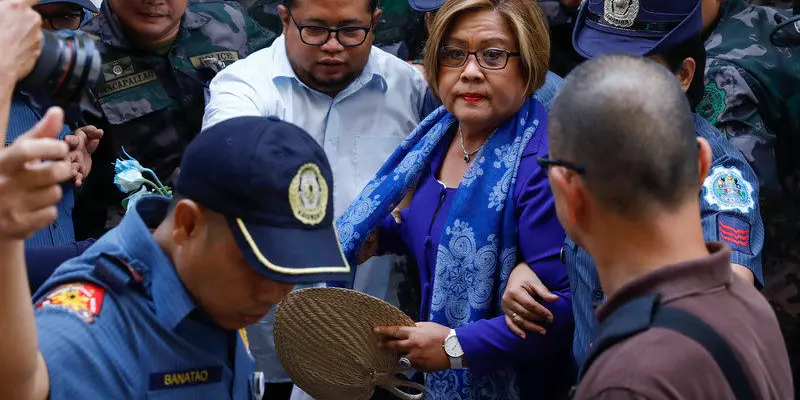
MPs call for end to harassment of opposition lawmakers
September 12, 2020

Click here for a Thai translation of this statement
Click here for a Khmer translation of this statement
JAKARTA – On International Day of Democracy, Southeast Asian lawmakers called on governments in the region to end all forms of threats and harassment against opposition MPs, following the publication of a new report that documents such reprisals. ASEAN Parliamentarians for Human Rights (APHR) also called for solidarity among lawmakers from across the political spectrum.
“The targeting of opposition MPs merely for exercising their right to freedom of expression is a clear attempt to silence them and remove checks on the executive to attain unchecked power,” said Mu Sochua, an APHR Board Member and former Cambodian MP.
“Parliamentarians play a pivotal role in protecting human rights and democracy, and reprisals against them threaten the entire democratic process,” Mu added.
The research, Parliamentarians at Risk: Reprisals against opposition MPs in Southeast Asia, reveals that in the Philippines, Thailand, and Malaysia, authorities are using a range of tactics to harass and intimidate opposition MPs. These include filing politically-motivated cases, arbitrarily stripping MPs of their status, threatening or surveilling them, and organizing campaigns of disinformation. Female MPs also spoke of their experiences of sexual vilification, which posed an additional challenge for them to conduct their work.
APHR found that since 2018, at least 27 opposition MPs have had investigations or trumped-up criminal charges opened against them, many of which were initiated by the authorities or government allies. This includes cases against members of the now-defunct Future Forward Party (FWP) in Thailand, as well as politicians in the Philippines who have been critical of President Rodrigo Duterte’s atrocious human rights record, notably his war on drugs. In Malaysia, those targeted appear to be lawmakers who were ministers in the former Pakatan Harapan government, which was ousted through back-door maneuvering in March.
The weaponization of laws – a tactic known as “lawfare” – has also been used to remove opponents from parliament entirely. Through the dissolution of political parties, lawmakers were arbitrarily deprived of their parliamentary status. This was the case for 12 MPs from Thailand’s FWP, less than a year after its strong performance in the 2019 election, as well as for members of the Cambodia National Rescue Party (CNRP) in 2017.
Other tactics used against opposition MPs include online and offline intimidation, including threats, such as “red-tagging” in the Philippines, surveillance and government-backed disinformation campaigns, while female parliamentarians routinely faced misogynistic attacks aimed at both intimidating and discrediting them.
The pattern of intimidation faced by MPs were found to be similar to those used against human rights defenders, the media, and other pro-democracy activists, and form part of a broader attempt to silence all forms of dissent in those countries.
APHR calls for the governments of Thailand, Malaysia and the Philippines to urgently drop all politically-motivated investigations and charges, as well as all forms of threats and harassment against opposition MPs. Parliamentary speakers should also ensure that all lawmakers are able to speak freely and discharge their duties without retaliation.
“We call on our colleagues in the region to show solidarity with their fellow MPs,” said Mu. “Whether from the ruling or opposition coalitions, reprisals against MPs have an impact on the ability of all of us to effectively do our jobs and enjoy democratic freedoms. Parliamentarians throughout Southeast Asia must use their mandates to promote and protect the human rights of their colleagues.”
ASEAN Parliamentarians for Human Rights (APHR) was founded in June 2013 with the objective of promoting democracy and human rights across Southeast Asia. Our founding members include many of the region's most progressive Members of Parliament (MPs), with a proven track record of human rights advocacy work.